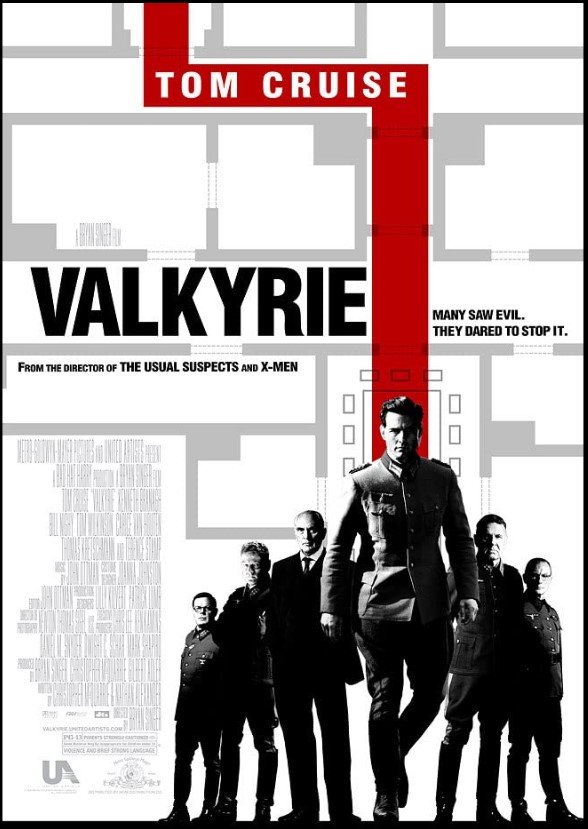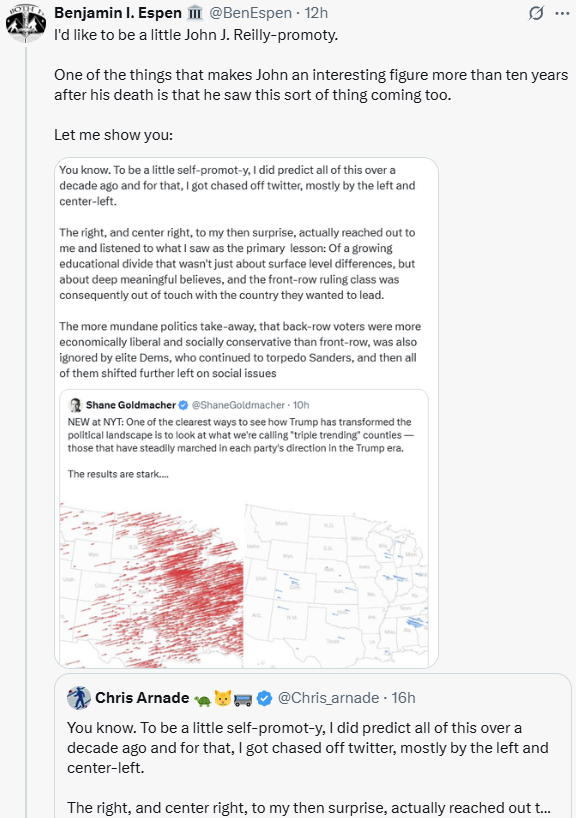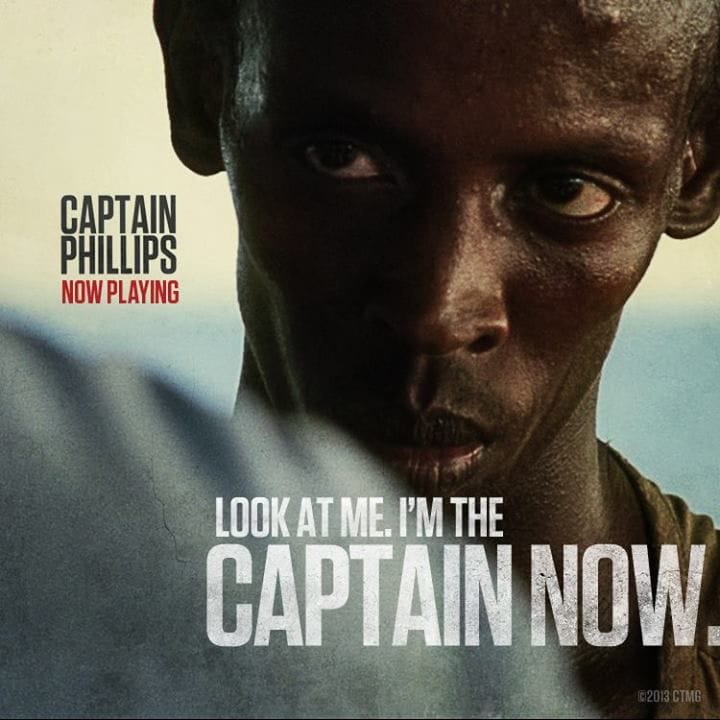The Long View 2009-01-04: Valkyrie, Runciman 2012
John J. Reilly’s brief comments on the movie Valkyrie in 2009 are a reminder that Tom Cruise may be one of the most successful actors of our era.

Valkyrie, Runciman, 2012
Yesterday, I went to see the new film Valkyrie [changed to IMDB link BIE], directed by Bryan Singer. Starring Tom Cruise as Colonel Claus Graf Schenk von Stauffenberg, the film deals with the plot to assassinate Adolf Hitler on July 20, 1944. As we all know, the bomb planted by Graf (Count) von Stauffenberg exploded, but Hitler was only slightly injured, and the coup that some army officers and civilian opposition were trying to organize in Berlin collapsed. "Valkyrie" was the name of the army's contingency mobilization plan for the Home Army that the plotters had planned to use to take over the government.
I went to see the film in large part because one of the items on my website that consistently draws a large number of viewers is an essay, If the July 20 Plot Had Succeeded. I don't purport to be an expert on the event, but the movie presents the conspirators as being deeply concerned about a point I raised in the essay: assassinating Hitler might very well have had the effect of putting Himmler in power. So, the film makes clear, the plotters at first hoped to get them both, but settled on Hitler alone as Germany's military deteriorated.
The film was anticipated with trepidation in some quarters. Would Tom Cruise be able to explain the mystical, small-is-beautiful ideology of the Kreisau Circle with which the very Catholic Count von Stauffenberg was associated? Well no, he couldn't; nobody could in a movie of reasonable length, and the director and screenwriters had sense enough not to ask the character to try. Cruise comes off as earnest, subdued, and practical: a hero, but not an action-movie hero. There was much more scope for characterization among the rest of the cast, who were largely British. They made the most of it. There is no justice in the entertainment industry if Bill Nighy does not win an award for his portrayal of General Friedrich Olbricht, the plotters' senior officer in Berlin. He was supposed to initiate Valkyrie when news of the assassination was confirmed. Famously, Olbricht delayed Valkyrie for several hours because he could not get confirmation, thus eliminating any chance that the coup might have succeeded despite the fact Hitler lived. Nighy portrays him as neither a man of divided loyalties nor a coward, but just the sort of fellow who is too methodical for his own good.
Valkyrie presents a puzzle in form criticism. What kind of film is it? There is a bit of gunplay right at the end when the conspirators are captured, but it's not an action movie. At the beginning, we see the attack in North Africa where Stauffenberg lost a hand and eye, but it's certainly not a war movie. Neither is it a typical political thriller, not even a thriller about a failed coup, like Seven Days in May (1964). Frankly, I was reminded of no film so much as Robert Redford's The Candidate (1972), about the campaign of a liberal Democrat in California for the United States Senate. Like that film, Valkyrie is about getting your supporters in order and making sure they turn out on the big day. The crisis of both stories is a duel of teletyped messages, phone calls, and media spin.
In Valkyrie, an important precinct captain dropped the ball.
* * *
Regarding the current war in Gaza, I am reminded of a point that Lord Runciman made in his History of the Crusades about the viability of the Kingdom of Jerusalem. I quote from my review:
With its small population, exposed position, and threadbare economy, the Kingdom's survival rested on two conditions. The first was that the Sunni rulers of Damascus were scarcely on speaking terms with the Shia of Cairo. The other was that, despite the chronic friction between Outremer and the Byzantine Empire, the emperor probably would not have allowed the Kingdom of Jerusalem to be wholly overrun. The latter circumstance no longer applied after the Battle of Myriocephalum in 1176, in which the Byzantine army suffered a defeat at the hands of the Turks from which it never recovered. Meanwhile, the famous Kurdish leader, Saladin, eliminated the Fatimid Caliphate in a palace coup, and so united Damascus and Cairo under a Sunni dynasty. After a siege and negotiation, he accepted the surrender of Jerusalem in 1187.
What is happening in Gaza is in many ways a proxy war between Iran and Egypt, the object of which, from Egypt's point of view, is the expulsion of Hamas. Certainly Israel is acting with Egypt's implicit endorsement. If antipathy between the principal Muslim states is a precondition for the survival of a non-Muslim Levant, then, current appearances notwithstanding, Israel is more secure than it has been in some time.
* * *
Music critics say that Art Rock was never more than a subcultural taste because it was too corporate. It was the music that the music industry decided in the 1970s that America was waiting for. Apparently America wasn't, and I say this as a continuing fan of Yes. Something similar might be said of millennial excitement and the year 2000. There is a good argument to be made that the late 20th and early 21st centuries are a period of rising apocalyptic anxiety, but the year 2000 now seems to be a deadline that magazine features-editors cooked up; and I say this as a member of the Center for Millennial Studies. (You'll notice a pattern here.)
Now I begin to wonder whether the year 2012 might be the Sex Pistols to 2000's Genesis: something that genuinely bubbles up from popular culture, like the cult of the year 1844. Look, another movie about 2012 comes out this summer, this one directed by Roland Emmerich.
Readers who stored dried food in their basement in preparation for the Y2K Bug may want to refresh their stock.
Copyright © 2009 by John J. Reilly



Comments ()